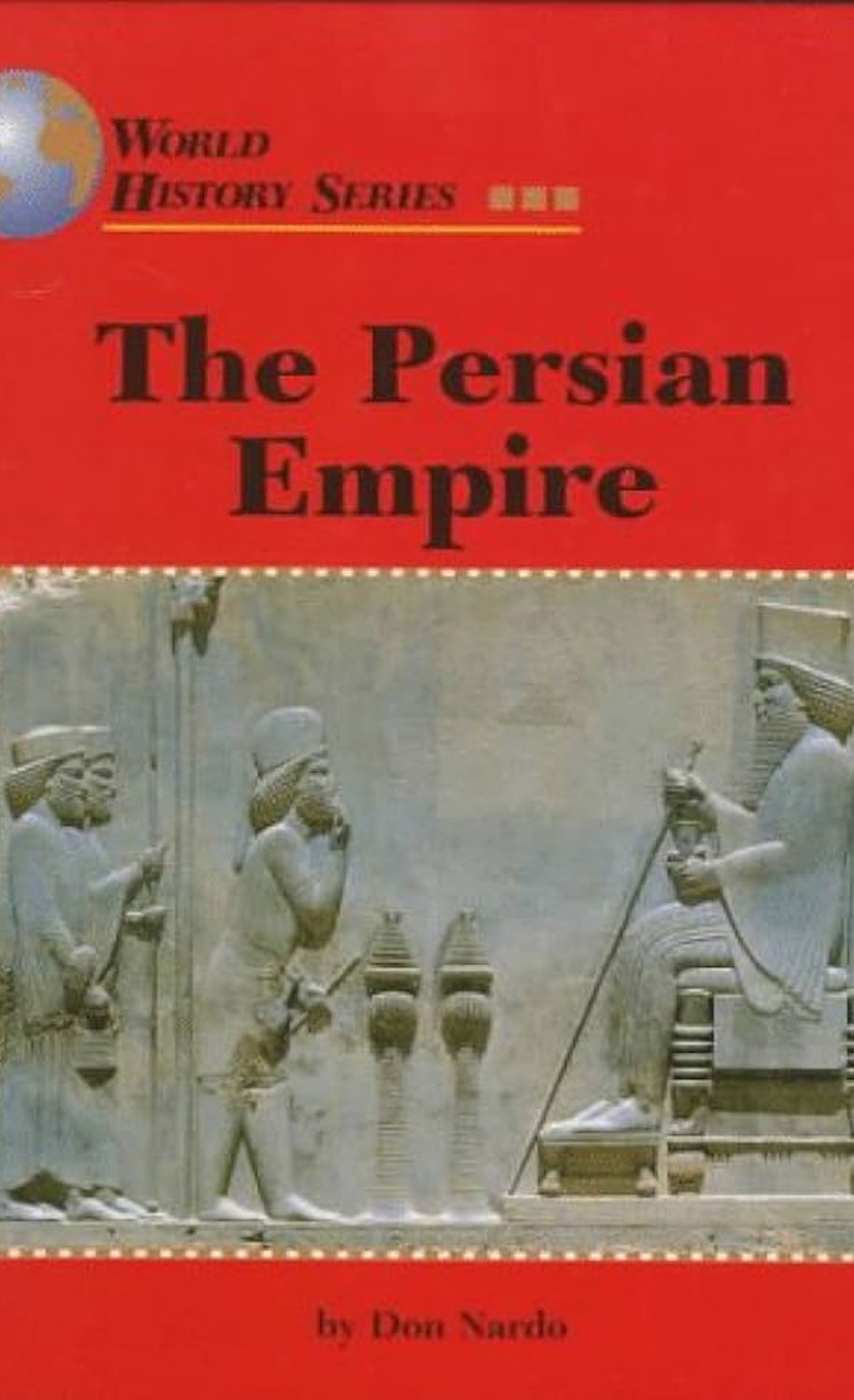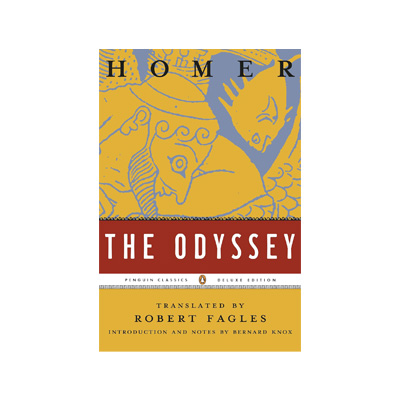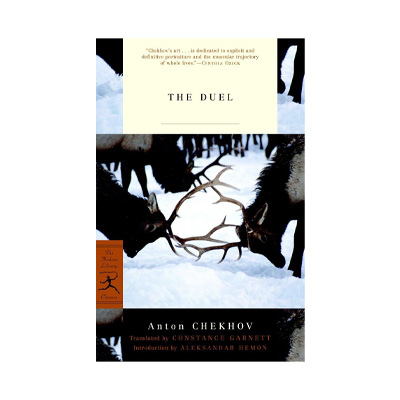Book Summary
Don Nardo discusses and examines the Persian Empire, its Achaemenid rulers, and their relationship with Greece in his book. Nardo has made every effort to portray the Achaemenid rulers in a nearly flawless manner, using an impartial perspective and credible, comprehensive sources. As various historical records indicate, during the Achaemenid rule in Iran, their territory was vast, and its grandeur has astonished people from the past to the present. This land stretched from India to Africa and then to Europe, with the Silk Road nearby, serving as a cradle for many civilizations.
The author centers his work on the Achaemenid Empire, providing various truths about it to his audience. Given that ancient Greeks considered all peoples except themselves as barbarians, it is highly likely that their accounts regarding the Iranians and the invasions of their country were written with bias. For instance, the writings of Isocrates and Herodotus depict Iran as a tyrannical and negative country, portraying its kings as plunderers and bloodthirsty individuals.
However, over time, as biases diminished, many realities found their way into historical texts. In this work, Nardo also scrutinizes events during the reigns of Cambyses, Cyrus the Great, Darius I, and other rulers when discussing Iran's decline after Alexander's invasion, offering a wealth of information.
About the Author
Don Nardo is an American author and composer born in 1947. After completing high school in 1965, he attended Syracuse University and then Worcester College, graduating in history. In his teenage years, due to his passion for music, he composed a symphony. He later pursued acting and wrote plays, winning the Massachusetts Artists Foundation Award. Nardo's professional writing career began in 1980 at the suggestion of a publisher, and he has authored numerous works in both history and fiction, including titles like "Charles Darwin", "Anxiety and Phobias", "Medical Diagnosis" and "Greek and Roman theater".
Who Should Read the Book?
This book is recommended for those interested in historical literature, especially the history of ancient Iran and the Achaemenid Empire.























